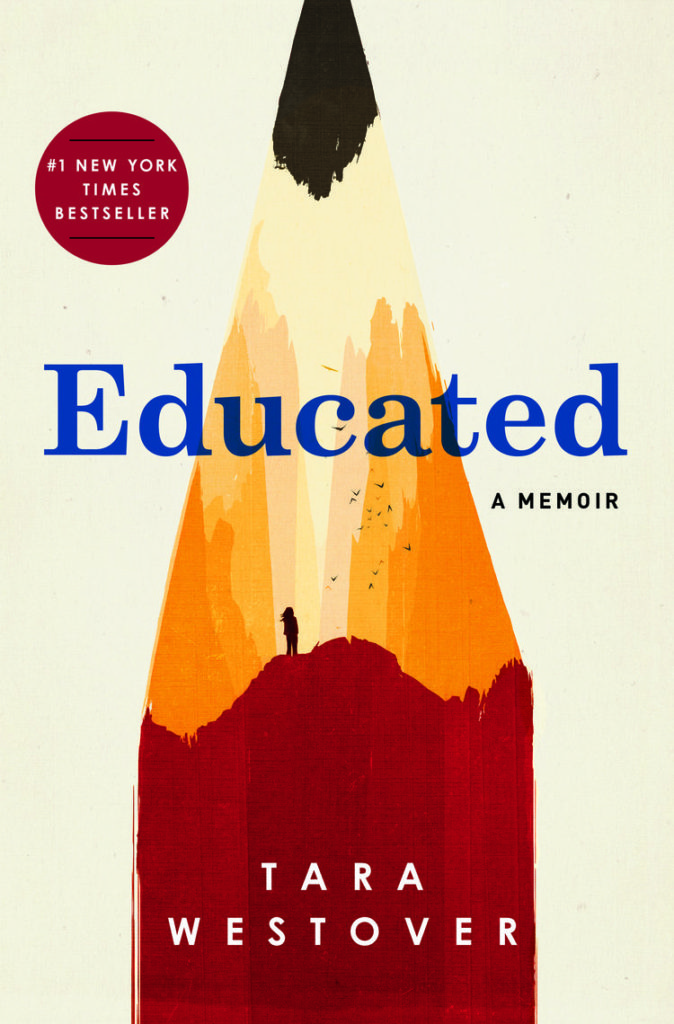
I don’t often read memoirs (or non-fiction more generally) for pleasure, preferring to keep business and pleasure separate, but I had heard nothing but good — rapturous really — things about Tara Westover’s Educated and decided to check it out (of my amazing local library). The book vividly retells Westover’s life as a child growing up in an isolated family in Idaho, the daughter of an abusive father whose paranoia drives him to reject any interaction with the government, including, most importantly, public education. As we follow Westover’s path to college at Brigham Young University and then onward to Cambridge on a Gates Fellowship and then to a Ph.D., we witness in gross detail the mental and physical abuse that Westover suffered not simply before she “escaped” but as she worked to figure out just what escaping meant to her. Indeed, the book is particularly evocative and complex in the way it gets the reader into Westover’s head, underscoring her own doubts, struggles and, most powerfully and disturbingly, complicity in the cycles of abuse that so defined her family. In this respect, I can only compare it favorably with another memoir of overcoming struggle in order to achieve an education, Undocumented, which sometimes felt like it was effacing complexity in favor of narrative-pacing. Undocumented felt, for lack of a better term, teleological. Educated underscores how difficult is it to escape one’s past, how even as we are succeeding we may feel like we aren’t or don’t deserve to, and, most of all, that we sometimes are our worst enemies. Educated is often uncertain about its own conclusions, the memories it presents, and the finality of its story.
Obviously, the book has a great deal to say about Westover herself, as well as the social forces that created the conditions for the paranoia, mental illness, and misogyny that gave rise to her particular circumstances (in this respect, I highly recommend listening to the podcast Bundyville as a complementary story about the kind of Mormon fundamentalism that Westover’s father subscribed to). It also has a great deal to say about how one becomes educated in the first place and the complicated ways her education forces her to reevaluate her identity. Westover, it is worth noting, did not simply “choose” to go to school; she had to be pushed. Reading it on the cusp of a new school year, however, cannot help but reverse the analysis somewhat: to focus on some of the people around her, especially her teachers.
Continue reading “Reading Tara Westover’s Educated as a Professor”